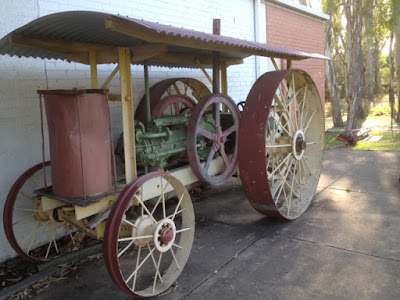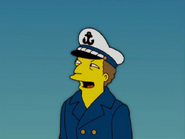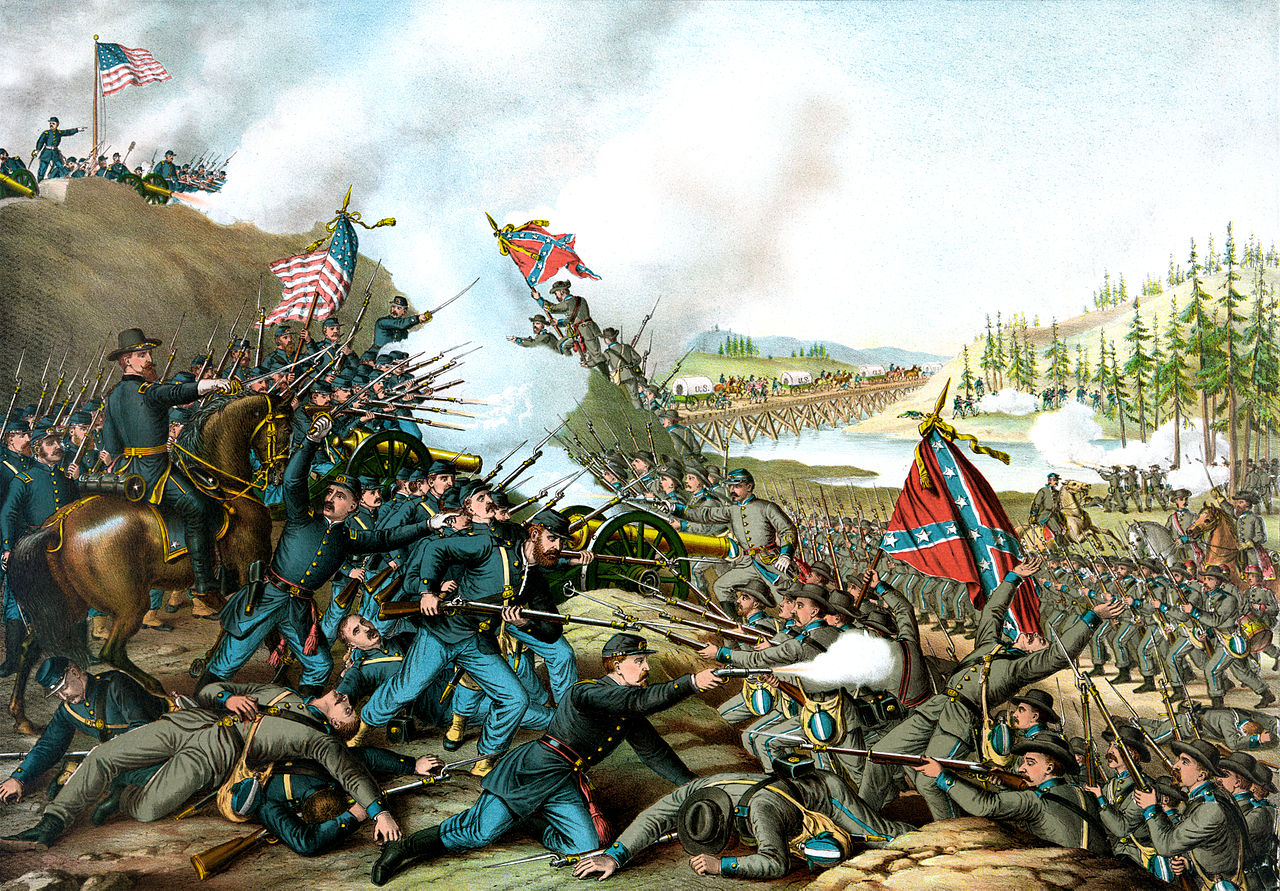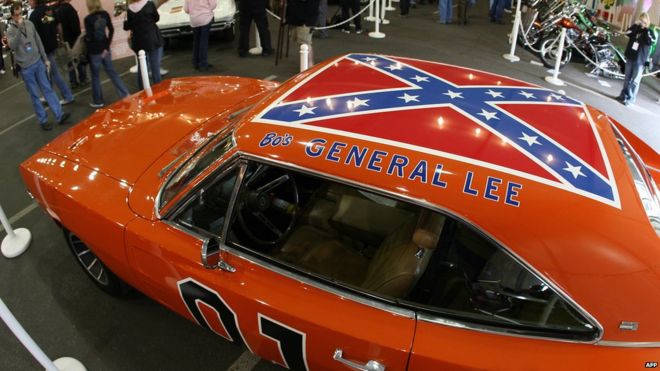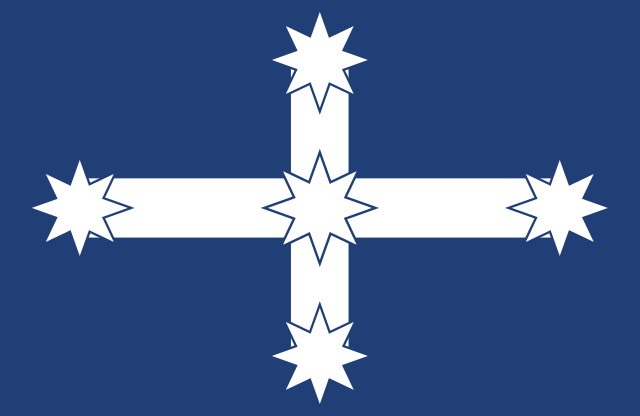I forgot to take a picture of the logging jinker on display there: a long narrow cart used for carrying logs which would have been pulled by horses or bullocks. I did, however, take a picture of the technology which came after it: a powerful Fowler steam engine. These engines were incredibly powerful - strong enough to pull a plough across a field as long as the cable would hold.
The sign with this particular engine noted that it had had a large part in building the irrigation infrastructure that makes the Goulburn Valley what it is. Speaking of which, the museum also displayed a large wheel which (sadly) also had no interpretative material with it but which I surmise was part of the area's waterworks at some time.
Moving on from the steam engine took us to their two old tractors. The first was a venerable old single-cylinder veteran from perhaps the 1920s. I can't readily identify its maker (I don't claim to be an expert), and I couldn't find a plate of any sort on it. If you know what it is, sing out! The only observation I would make is that it looks like it's from the same era as the Jelbart tractor that my grandfather bought in the 1920s. I should say that he was not sentimental about the move to new technology: he never expressed any regret about ceasing work with horses.
The second tractor was a Moline-Universal Tractor, which Wikipedia tells me was manufactured between 1916 and 1923. The spidery, spartan design seems a world away from the giant land-masters of today's broadacre farming.
There is little or no information on display about these machines, or about the men and women who used them. I hope they served the purpose they were bought for, with minimal breakdowns. I hope they brought the prosperity that the farmers hoped for. And I hope that they heard some music in the song of steel and oil.

Advertising image from here


